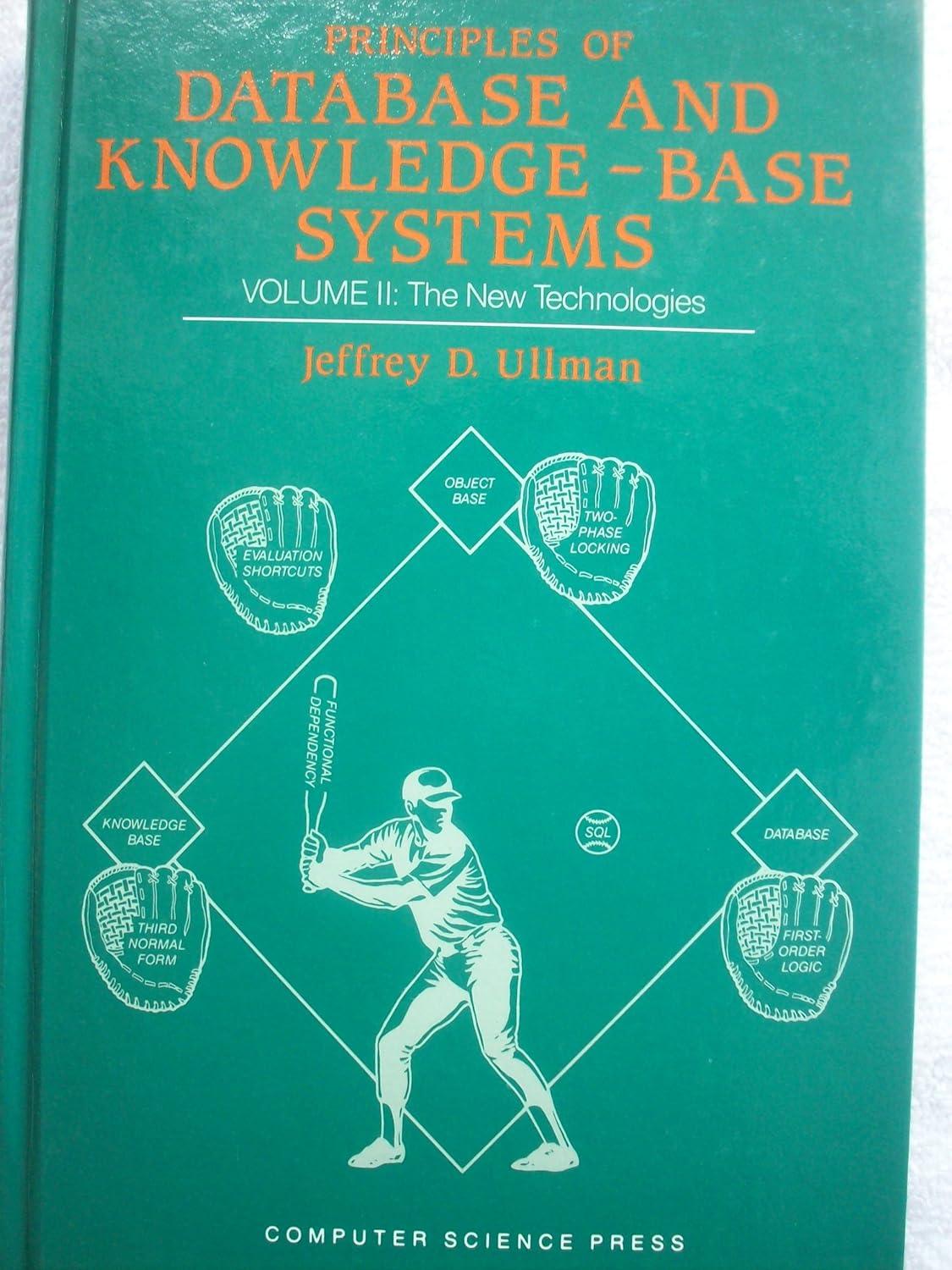Question
Let us consider the following program, where the copy function is a (naive) attempt to protect the execution against buffer overflow vulnerabilities: void copy(char b[]
Let us consider the following program, where the copy function is a (naive) attempt to protect the execution against buffer overflow vulnerabilities:
void copy(char b[] , int l){
// b is a string and l is its length
char t[16] ; //16 bytes
int ok ; // 4 bytes
if (l > 15)
ok = 0 ;
else
ok = 1;
strcpy(t, b); //copy b into t
if (ok ==0) { // a buffer overflow did occur in t
printf("a buffer overflow occurred !");
exit(0);
} else //t contains no more than 15 characters (no overflow)
foo(t);
}
int main(){
char buf [24]
scanf("%$", buf) ; //read a string value from the user into buf
copy(buf, strlen(buf)) ; // strlen(buf) is the number of characters in buf
/*...*/
return 0;
}
(a) This program is not secure : there exists a user input allowing to call foo with an array argument t containing more than 15 characters. Give an example of such input.
Step by Step Solution
There are 3 Steps involved in it
Step: 1

Get Instant Access to Expert-Tailored Solutions
See step-by-step solutions with expert insights and AI powered tools for academic success
Step: 2

Step: 3

Ace Your Homework with AI
Get the answers you need in no time with our AI-driven, step-by-step assistance
Get Started


